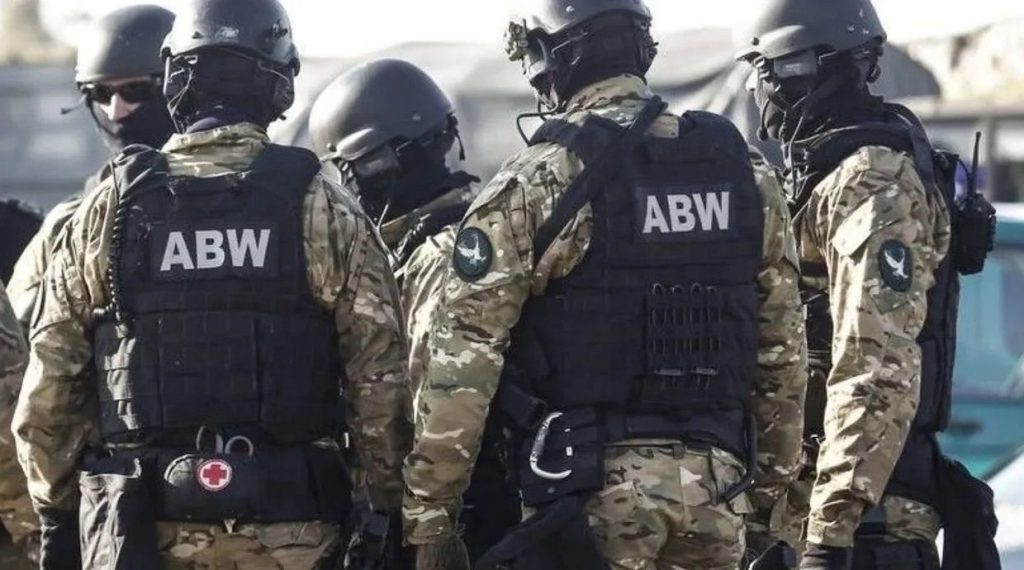The District Court in Gdansk, Poland sentenced a Russian citizen to two and a half years in prison for espionage on behalf of Russia. This incident raised concerns about Russian influence in Europe, as similar arrests have been made in Poland, Germany, Estonia, and Austria. The convicted spy had been operating in Poland for seven years, posing as a businessman while gathering information on military units in the northeastern region. He worked to identify elements of the Polish military, including the location and structure of military units and the equipment they used. Two other men accused of corruption were also sentenced to one-year prison terms along with the spy.
In another incident, a Polish citizen was detained by Ukrainian and Polish law enforcement agencies for allegedly offering to assassinate President Volodymyr Zelensky on behalf of Russian authorities. The suspect planned to learn about the security at the Rzeszow airport in Poland to assist Russian intelligence services in planning the assassination during Zelensky’s visit to Poland. Additionally, German authorities arrested two German-Russian nationals suspected of planning a military sabotage plot for Russian intelligence. The men were accused of preparing explosive and arson attacks on military and industrial sites in Germany, including U.S. military bases.
Czech Transportation Minister Martin Kupka warned that Russia has been making thousands of attempts to weaken railway systems in Europe since the start of the full-scale war. This highlights Russia’s ongoing efforts to sabotage critical infrastructure in Europe. The increasing number of espionage and sabotage attempts in different European countries indicates a concerning trend of Russian interference and aggression. It is important for European countries to remain vigilant and strengthen their defenses to protect against such threats.
The Security Service of Ukraine (SBU) and other European law enforcement agencies need to work closely together to combat espionage and sabotage activities carried out by Russian agents. Cooperation among different countries is crucial to share information and intelligence to prevent potential attacks and protect national security. The recent arrests of individuals involved in espionage and sabotage highlight the gravity of the situation and the need for increased security measures across Europe. Public awareness and support for independent journalism are essential to ensure that such incidents are properly reported and addressed.
The sentencing of individuals involved in espionage and sabotage activities sends a strong message that such actions will not be tolerated, and those responsible will be held accountable. It is crucial for European countries to continue working together to counter Russian interference and protect their sovereignty. By remaining united and vigilant, European nations can effectively address the threat posed by foreign agents seeking to undermine their security and stability. Maintaining strong defenses and actively monitoring potential threats will be key to ensuring the safety and well-being of European citizens.


